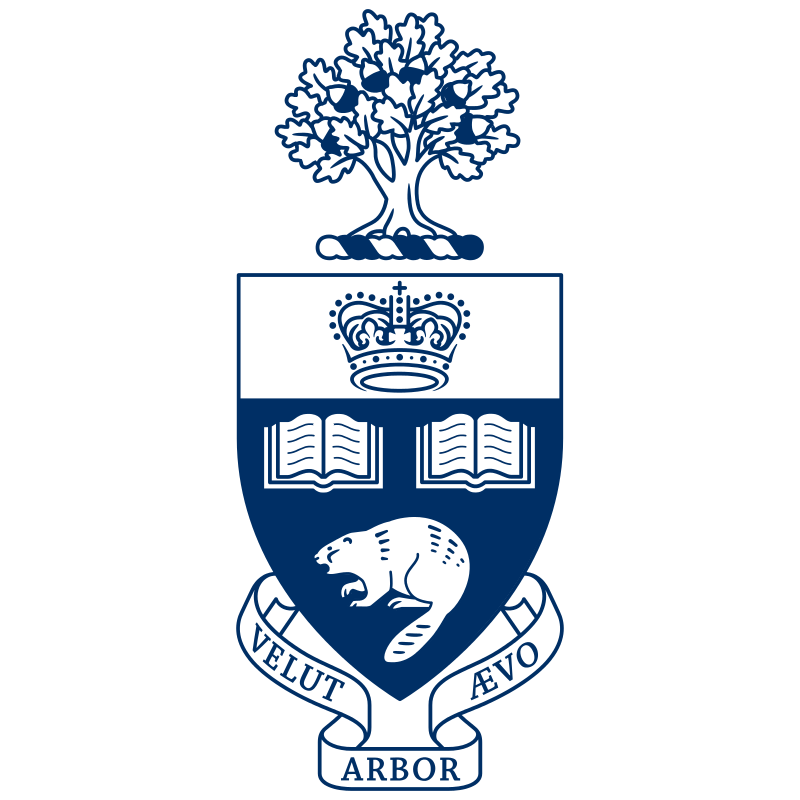
University of Toronto
The University of Toronto (U of T or UToronto) is a public research university in Toronto, Ontario, Canada, located on the grounds that surround Queen's Park. It was founded by royal charter in 1827 as King's College, the oldest university in the province of Ontario. Originally controlled by the Church of England, the university assumed its present name in 1850 upon becoming a secular institution. As a collegiate university, it comprises eleven colleges each with substantial autonomy on financial and institutional affairs and significant differences in character and history. The university also operates two satellite campuses located in Scarborough and Mississauga.
Academically, the University of Toronto is noted for movements and curricula in literary criticism and communication theory, known collectively as the Toronto School. The university was the birthplace of insulin and stem cell research, and was the site of the first electron microscope in North America, the identification of the first black hole Cygnus X-1, multi-touch technology, and the development of the theory of NP-completeness. The university was one of several universities involved in early research of deep learning. It receives the most annual scientific research funding of any Canadian university and is one of two members of the Association of American Universities outside the United States, the other being McGill University.
The Varsity Blues are the athletic teams that represent the university in intercollegiate league matches, with ties to gridiron football, rowing and ice hockey. The earliest recorded instance of gridiron football occurred at University of Toronto's University College in November 1861. The university's Hart House is an early example of the North American student centre, simultaneously serving cultural, intellectual, and recreational interests within its large Gothic-revival complex.
The University of Toronto has educated three Governors General of Canada, four Prime Ministers of Canada, three foreign leaders, and fourteen Justices of the Supreme Court. As of March 2019, ten Nobel laureates, five Turing Award winners, 94 Rhodes Scholars, and one Fields Medalist have been affiliated with the university.